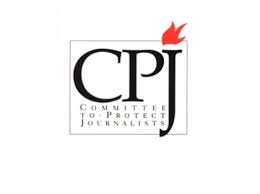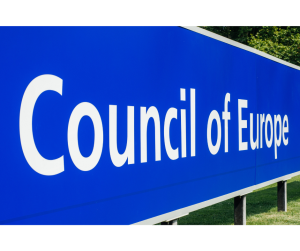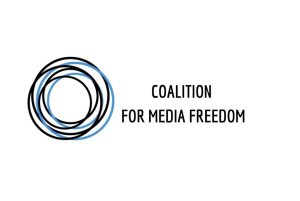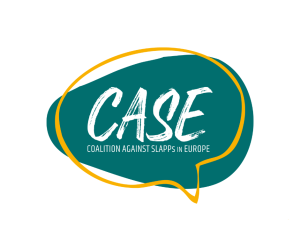On March 4, President Vladimir Putin enacted amendments to the Russian criminal code imposing prison terms for spreading “fake” information about the country’s military.
Russian authorities charged Krasilshchik, a former publisher of the independent Latvia-based news website Meduza, under one of those amendments on April 22, according to news reports. Krasilshchik, who lives abroad, told Meduza that he learned about the charges on social media and had not been officially notified by authorities, and did not plan to travel to Russia soon.
On April 23, authorities in St. Petersburg detained Ponomarenko, a correspondent for the Siberian news website RusNews, and also charged her under one of the recently passed amendments, according to her outlet and multiple news reports. On Wednesday, April 27, a judge in St. Petersburg ordered her to be detained for two months pending investigation, according to those sources.
“Russia’s new laws criminalizing so-called ‘fake’ information about the war in Ukraine serve only one purpose: to censor and criminalize accurate coverage of the conflict,” said Gulnoza Said, CPJ’s Europe and Central Asia program coordinator, in New York. “Authorities must immediately release journalist Maria Ponomarenko and drop all charges against her and Ilya Krasilshchik. Members of Russia’s press should be able to cover the war freely.”
Ponomarenko was charged under Article 207.3.2.e of the criminal code, which bans disseminating false information on the basis of “political, ideological, racial, national or religious hatred,” according to those news reports. If found guilty, she faces up to 10 years in prison.
Authorities allege that she was connected to the now-shuttered Telegram news channel “No Censorship,” which published coverage of the Russian bombing of the Ukrainian city of Mariupol, according to those news reports on her case. Ponomarenko denied any affiliation with that outlet and claimed that authorities had not shown that she was connected to it.
Ponomarenko recently covered protests in Novosibirsk and St. Petersburg against the Russian invasion of Ukraine for RusNews; she was previously detained and fined over her coverage of anti-war rallies, according to reports.
Authorities searched Ponomarenko’s home on April 25, took testimony from her 16-year-old daughter, and transferred the journalist to Pretrial Detention Center Number 5 in St. Petersburg on April 27, according to multiple news reports by the Russian outlet Sota.Vision.
Krasilshchik is charged under Article 207.3.1 of the criminal code, which bans the “public dissemination of knowingly false information about the use of the Russian Armed Forces,” according to reports. If found guilty and brought to Russia, he faces up to three years in prison.
Krasilshchik left Russia earlier this year and has been reporting on the war in Ukraine with a group of colleagues on his personal Instagram account, which has about 155,000 followers, as well as the English-language Instagram account Ukrainian War Evidence, which has about 1,300 followers.
The charges against Krasilshchik stem from an April 3 post on his personal account about the Russian military’s involvement in a massacre in the Ukrainian city of Bucha, according to news reports.
CPJ was unable to contact the Russian Interior Ministry for comment, as its website did not load.




